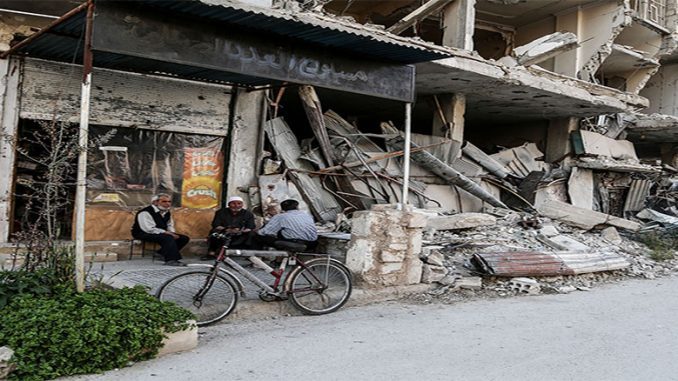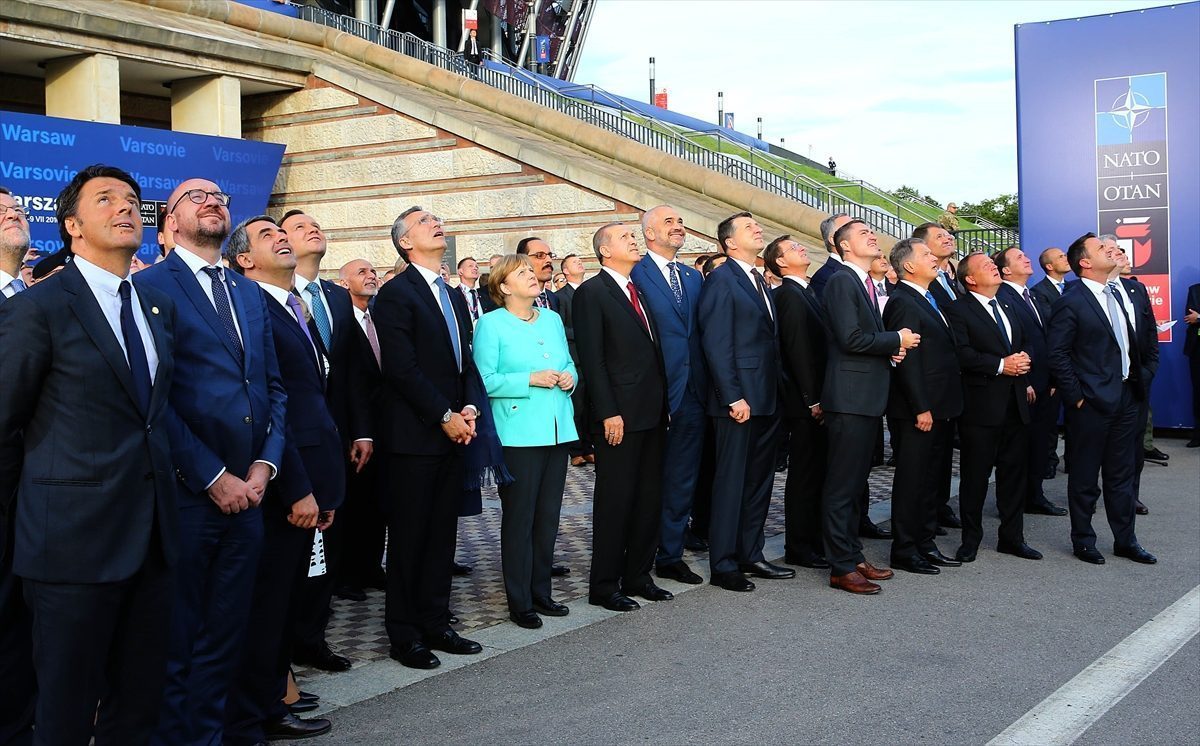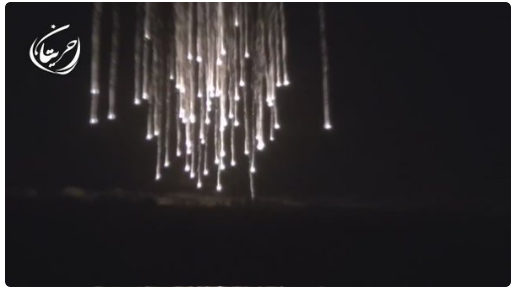
Civilians in Erbin, one of Eastern Ghouta’s besieged communities, live with no water, electricity or public services.
Eastern Ghouta, in northern Damascus suburbs, has been partially besieged by the Syrian government since 2013. It has an estimated population of 400,000, according to a report by Netherlands-based Siege Watch.
In 2013, the Syrian government banned civilians from going into or out of the enclave, allowing only some food deliveries to be received or sold.
Eastern Ghouta is one of the three cordons around the capital Damascus, the southern suburbs to the south, and Western Ghouta (Daraya and Moadamiya) to the southwest.
Erbin is one of the 22 communities located in Eastern Ghouta. The town’s civilians, markets, hospitals and schools have come under Russian and Syrian air attacks. Erbin has been a stronghold for major rebel groups, including Jaish al-Islam, al-Rahman Corps and al-Qaeda-linked Levant Liberation Committee (Hay’at Tahrir al-Sham) during much of the six-year conflict, according to Al-Jazeera.
Civilians live in harsh conditions in Eastern Ghouta, sometimes with no water, electricity or public services to help facilitate their daily lives.
But people have managed to adapt and create their own way of living, such as making use of the town’s rich trees for food, manually pumping water from existing wall pipes.
An agreement, signed by Russia, Turkey and Iran in the Kazakh capital of Astana last week, called for a cessation of hostilities between rebel groups and forces fighting on behalf of the Syrian government in four de-escalation zones located mainly in opposition-held areas of the country.
Eastern Ghouta was one of these areas.
The plan specifies that a six-month renewable truce should take effect on May 6 and that Assad’s air force would halt all flights over the de-escalation areas.
It also stressed that hostilities will be controlled between the parties, including the use of any types of weapons. Unhindered, immediate and safe humanitarian access will be provided under the supervision of the Syrian government, the document said.
Erbin’s residents have no choice but to sit and wait for their fate.



